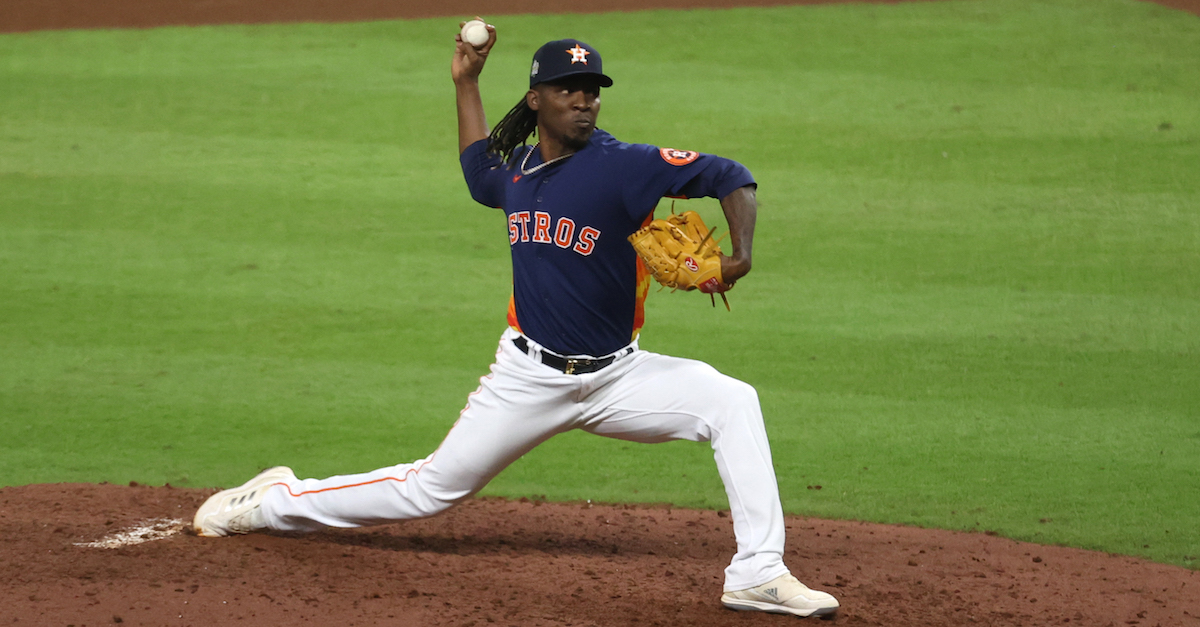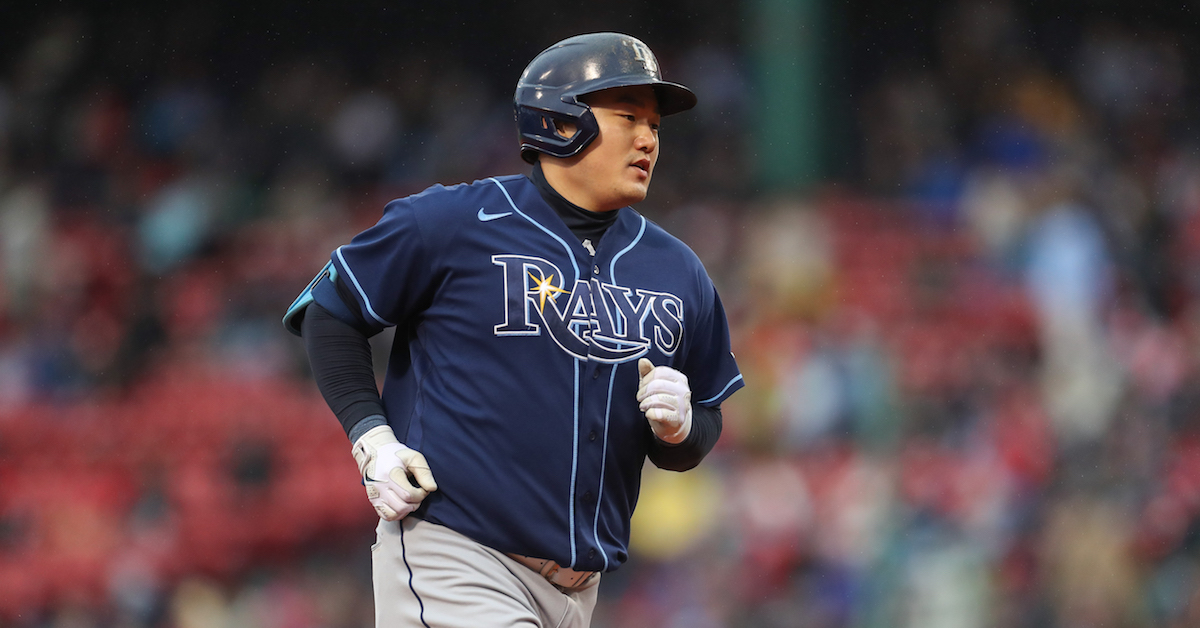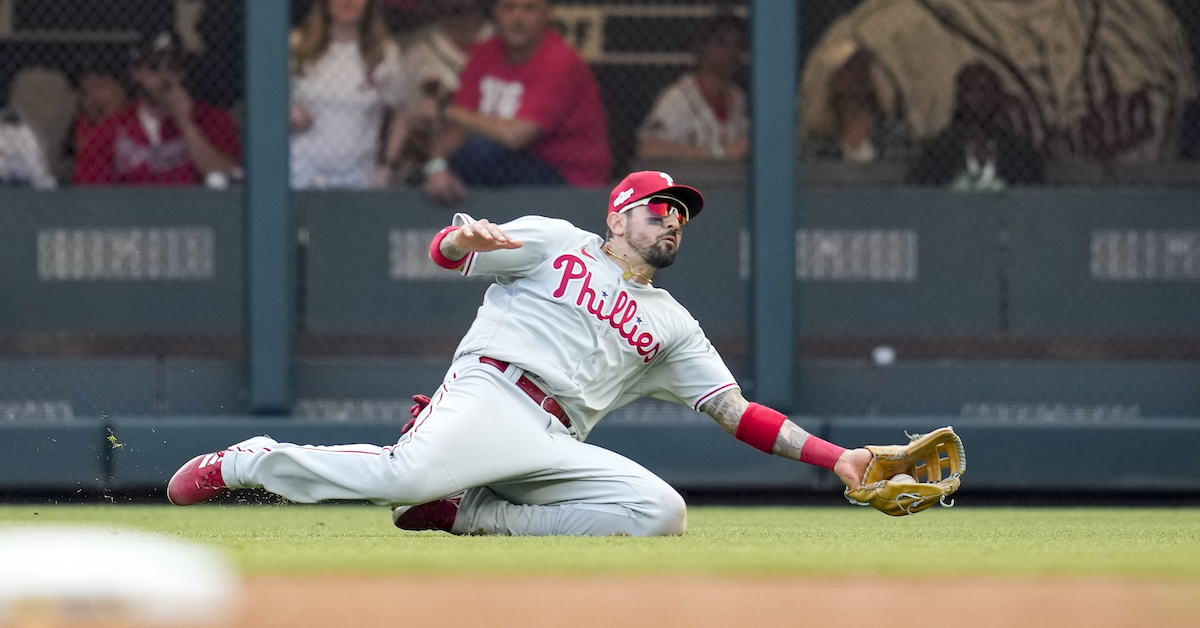Analyst, Advance Scouting
Location: Tampa · FL
Description:
The New York Yankees are looking for an Affiliate Advance Scouting Analyst to join the team. This person will be on staff and travelling with an affiliate team. They will be responsible for the day-to-day creation, education and implementation of high-quality advance reports and provide analysis to players and coaches. The Analyst will utilize their data driven skill set to collaborate in a cross-functional environment.
Primary Responsibilities
- Conduct day-to-day operations of the Advance Scouting processes at minor league affiliate. Serves as the point person for creation and implementation of all advance materials.
- Provide statistical analysis and quantitative research to support the affiliate coaching staff and players.
- Seek data-driven answers for strategic decision making. Pose questions for research and consult with Quantitative Analysis department.
- Educate and implement NYY Advance concepts and philosophy to the coaches, staff and players.
- Collaborate with Player Development, Quantitative Analysis, and Performance Science Departments to ensure that all affiliate initiatives are implemented and executed.
- Assist Player Development with creating and implementing individual player development and objective plans.
- Support on-field needs, including but not limited to operating NYY technologies.
Qualifications and Requirements
- Bachelor’s degree required.
- Proficiency with SQL or other modern database technologies preferred.
- Experience with programming languages (i.e., R or Python) preferred.
- Ability to articulate complex information and filter it down to applicable levels.
- Strong interpersonal skills to communicate effectively and respectfully with both technical and non-technical personnel.
- Ability to multitask and work toward several milestones on various projects simultaneously.
- Demonstrate advanced baseball knowledge; maintains familiarity with sabermetric principles and advanced metrics.
- Demonstrate open mindedness, innovation, and progressive thinking. Open to new ideas and philosophies and is willing to challenge traditional baseball principles.
- Proficiency in Spanish is a plus
This description is intended to describe the type of work being performed by a person assigned to this position. It is not an exhaustive list of all duties and responsibilities required by the employee. The New York Yankees are an Equal Opportunity Employer. The Company is committed to the principles of equal employment opportunity for all employees and applicants for employment.
The New York Yankees require a Covid-19 vaccination and booster as a condition of employment, subject to exception under applicable law.
Job Questions:
- Are you fully vaccinated (original series and booster) against COVID-19?
To Apply:
To apply, please follow this link.
Player Development Affiliate Video Manager
Location: Tampa · FL
Description:
The Affiliate Video Manager handles all video and travel needs for assigned affiliate during the regular season.
Responsibilities:
- Chart all games for assigned affiliate using BATS software.
- Assist with Major League and Minor League video and data collection during Spring Training.
- Coordinate all aspects of break camp travel and itinerary for players and staff going to affiliates.
- Manage all aspects of affiliate travel including flights, hotel reservations and bus schedules.
- Serve as the point person for all administrative duties at your assigned affiliate.
- Work in conjunction with coaches and analysts to provide advance scouting video prior to home and road games.
- Capture and upload non-game video including bullpens, batting practice, drills, etc.
- Coordinate high-speed video capture and upload process during games and practices.
- Manage Trackman and HawkEye operations and workflow at assigned affiliate.
- Handle all technical troubleshooting at assigned affiliate.
- Assist Amateur, International, and Pro Scouting departments with miscellaneous video needs.
- Travel to Domestic amateur tournaments during the off season to assist with video and data collection.
Requirements:
- Minimum 1 year experience charting using BATS software.
- Proficiency in Microsoft Office programs.
- Prior experience in Minor League Baseball preferred.
- Experience using TrackMan/HawkEye/Edgertronics preferred.
This description is intended to describe the type of work being performed by a person assigned to this position. It is not an exhaustive list of all duties and responsibilities required of the employee. The New York Yankees are an Equal Opportunity Employer. The Company is committed to the principles of equal employment opportunity for all employees and applicants for employment.
The New York Yankees require a Covid-19 vaccination and booster as a condition of employment, subject to exception under applicable law.
Job Questions:
- Are you fully vaccinated (original series and booster) against COVID-19?
- Do you have experience charting with BATS software?
To Apply:
To apply, please follow this link.
Minor League Dietitian
Location: Tampa · FL
Description:
The New York Yankees MiLB Dietitian will assist the MiLB Nutrition Coordinator in optimizing nutrition support for all athletes in the New York Yankees organization. This role will serve to help with affiliate catering, nutrition education, and ensuring department and organizational standards are met.
Primary Responsibilities:
- Assist with all aspects of the nutritional program
- Assist in the development of personalized nutrition programs when needed
- Assist in the education of players’ nutritional standards
- Develop educational materials for distribution to players
- Develop meal plan templates for spring training and other instructional programs
- Arrange catering of pre- and post-game meals for affiliate teams, in conjunction with clubhouse personnel
- Ensure proper food safety and sanitation procedures are met at all minor league affiliate facilities
- Build and maintain relationships with players and staff to better execute objectives the organization and of nutrition department
- Collaborate with different departments to achieve group objectives and give best quality service to players
- Maintain regular communication with Nutrition Coordinator
Requisite Education; Attitudes; Skills:
- Registered Dietitian-required
- Minimum of a Bachelor’s degree in Exercise Physiology, Nutrition Science, or related field
- Board Certified Specialist in Sports Dietetics (CSSD), preferred
- Spanish-speaking preferred
- Ability to travel within the United States
- Willing to relocate. Position is based in Tampa, FL
- Passion and interest for baseball and communicating the importance of nutrition to peak performance
- Willingness to work long, flexible hours including nights, weekends, and holidays
This description is intended to describe the type of work being performed by a person assigned to this position. It is not an exhaustive list of all duties and responsibilities required by the employee. The New York Yankees are an Equal Opportunity Employer. The Company is committed to the principles of equal employment opportunity for all employees and applicants for employment.
The New York Yankees require a Covid-19 vaccination and booster as a condition of employment, subject to exception under applicable law.
Job Questions:
- Are you fully vaccinated (original series and booster) against COVID-19?
To Apply:
To apply, please follow this link.
Associate, Professional Scouting
Location: Bronx · NY
Department: Baseball Operations
Reports To: Director, Professional Scouting | Assistant Director, Professional Scouting
Description:
The Associate, Professional Scouting position is a rigorous 12-month program geared to prepare entry level candidates for a career within the Baseball Operations & Pro Scouting fields. This position is office-based at Yankee Stadium and works closely with all members of the Yankees front office, particularly Pro Scouting leadership and scouts.
Primary Responsibilities:
- Aid the Director and Assistant Director, Professional Scouting in the execution of many operational and administrative duties within the Professional Scouting department.
- Assist in ranking and composing write-ups of prospects from around professional baseball.
- Review and recommend available players to Front Office personnel for possible acquisition.
- Conduct research regarding Professional Scouting topics.
- Identify and recommend players to pro scouts who should be evaluated in person.
- Ensure that scouting reports are accurate and thorough at all levels.
- Monitor and distribute scout tickets to all scouts in attendance at NYY home games.
- Assist with Professional Scouting and Baseball Operations administrative tasks, including but not limited to supporting scouts with technological and logistical issues, organizing staff meetings, and automating office tasks.
- Is available to perform game duty at the direction of the Baseball Operations department.
Qualifications and Experience:
- Exhibits passionate leadership, high character and makeup, and strong commitment to high standards.
- High attention to detail with the ability to balance many different tasks simultaneously.
- Strong time management skills.
- Interest and ability to evaluate players.
- Ability to work evening, weekend, and holiday hours.
- Completed or currently pursuing an undergraduate degree.
- Proficiency in Microsoft Excel. Preference to exposure to SQL Server, R, and/or Tableau.
This description is intended to describe the type of work being performed by a person assigned to this position. It is not an exhaustive list of all duties and responsibilities required of the employee. The New York Yankees are an Equal Opportunity Employer. The Company is committed to the principles of equal employment opportunity for all employees and applicants for employment.
The New York Yankees require a Covid-19 vaccination and booster as a condition of employment, subject to exception under applicable law.
The base annual salary for this position is $45,000 – $50,000, plus a comprehensive benefits package.
Job Questions:
- In your opinion, identify one player who is undervalued and one player who is overvalued in the industry. Explain why in 500 words or fewer.
To Apply:
To apply, please follow this link.
The content in this posting was created and provided solely by the New York Yankees.

![]() Sponsor Us on Patreon
Sponsor Us on Patreon![]() Subscribe to Stathead (Code: WILD20)
Subscribe to Stathead (Code: WILD20)![]() Facebook Group
Facebook Group![]() Twitter Account
Twitter Account![]() EW Subreddit
EW Subreddit![]() Effectively Wild Wiki
Effectively Wild Wiki![]() iTunes Feed (Please rate and review us!)
iTunes Feed (Please rate and review us!)![]() Get Our Merch!
Get Our Merch!![]() Email Us: podcast@fangraphs.com
Email Us: podcast@fangraphs.com




